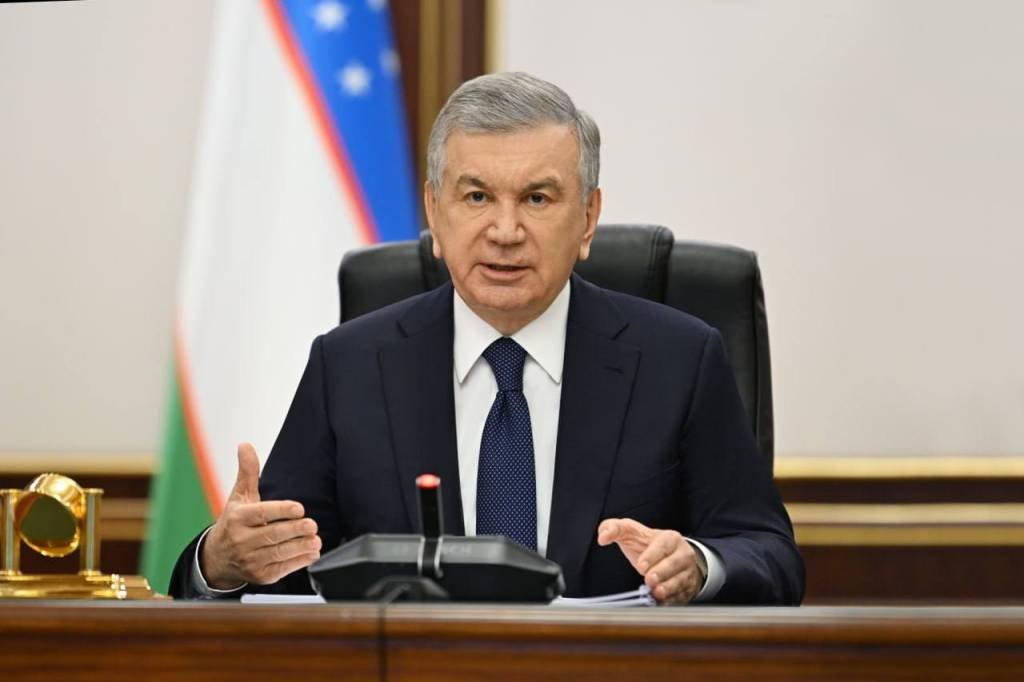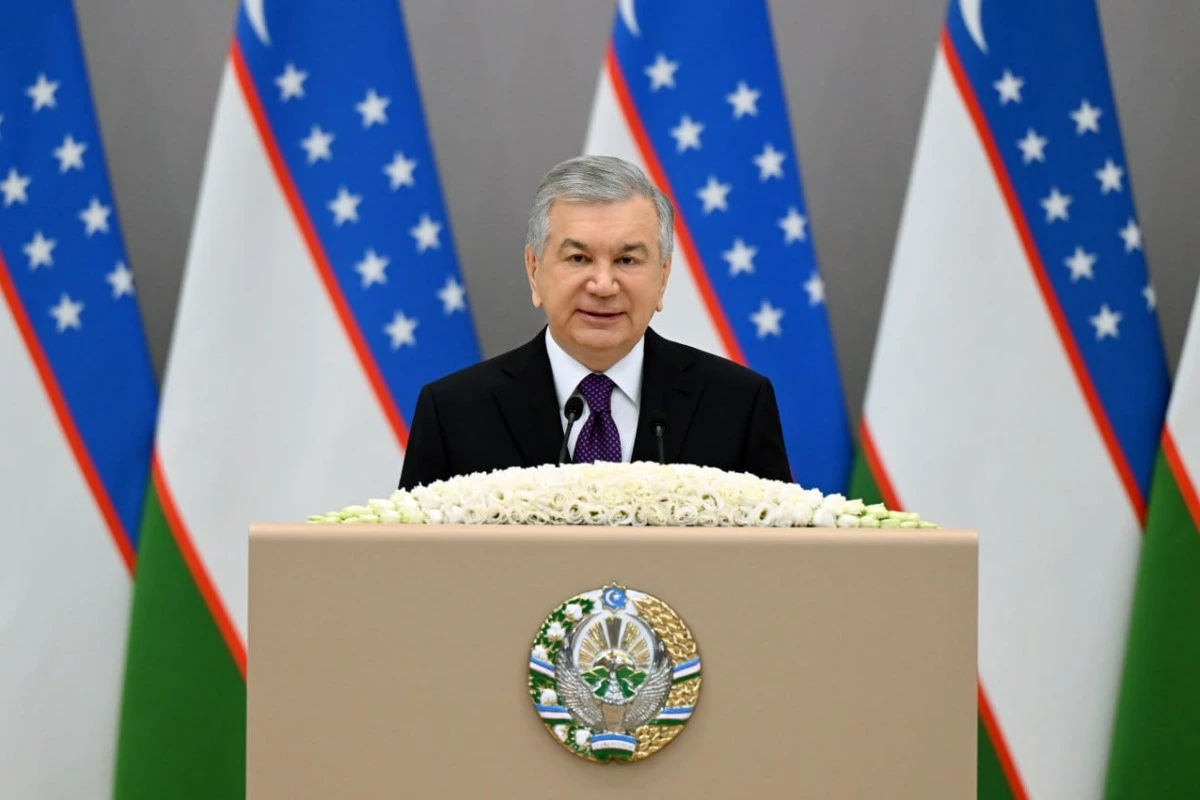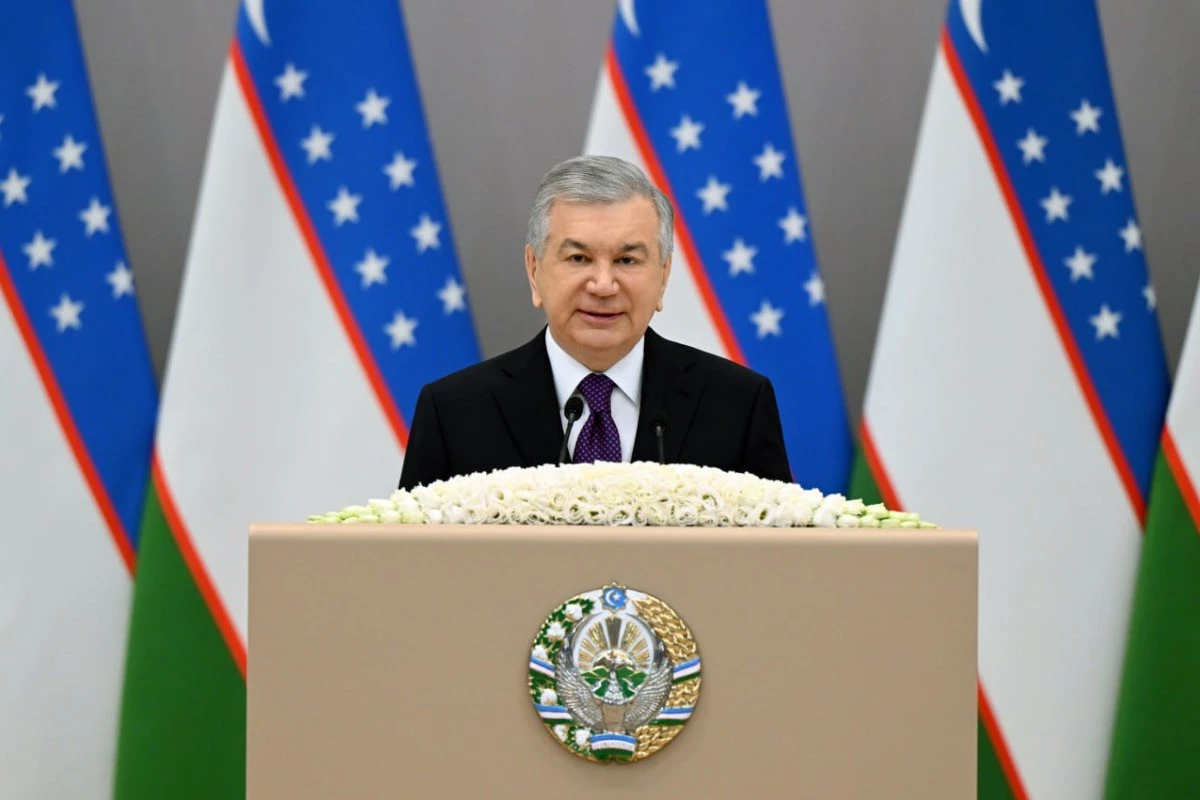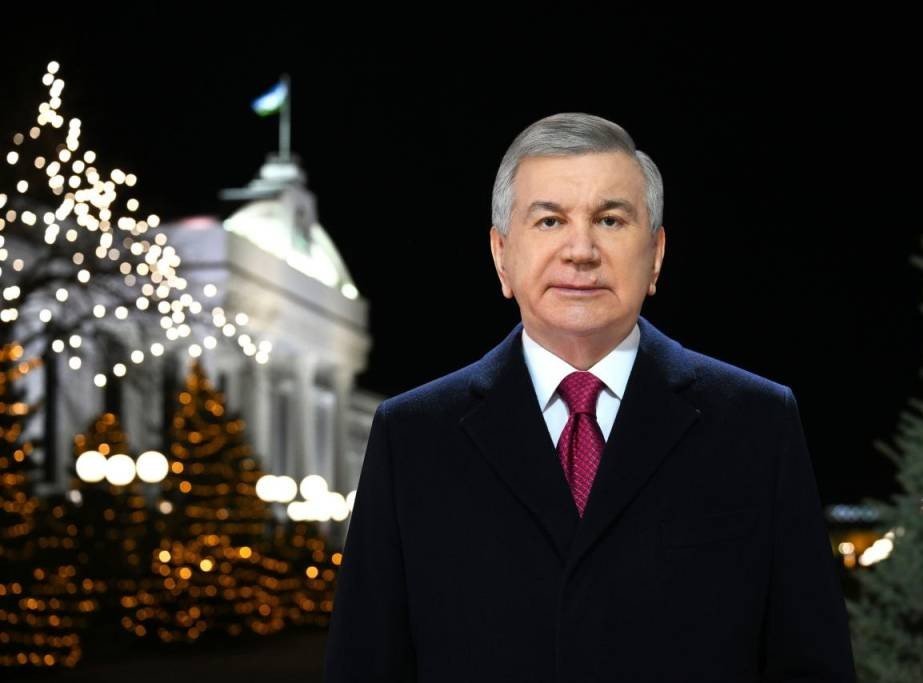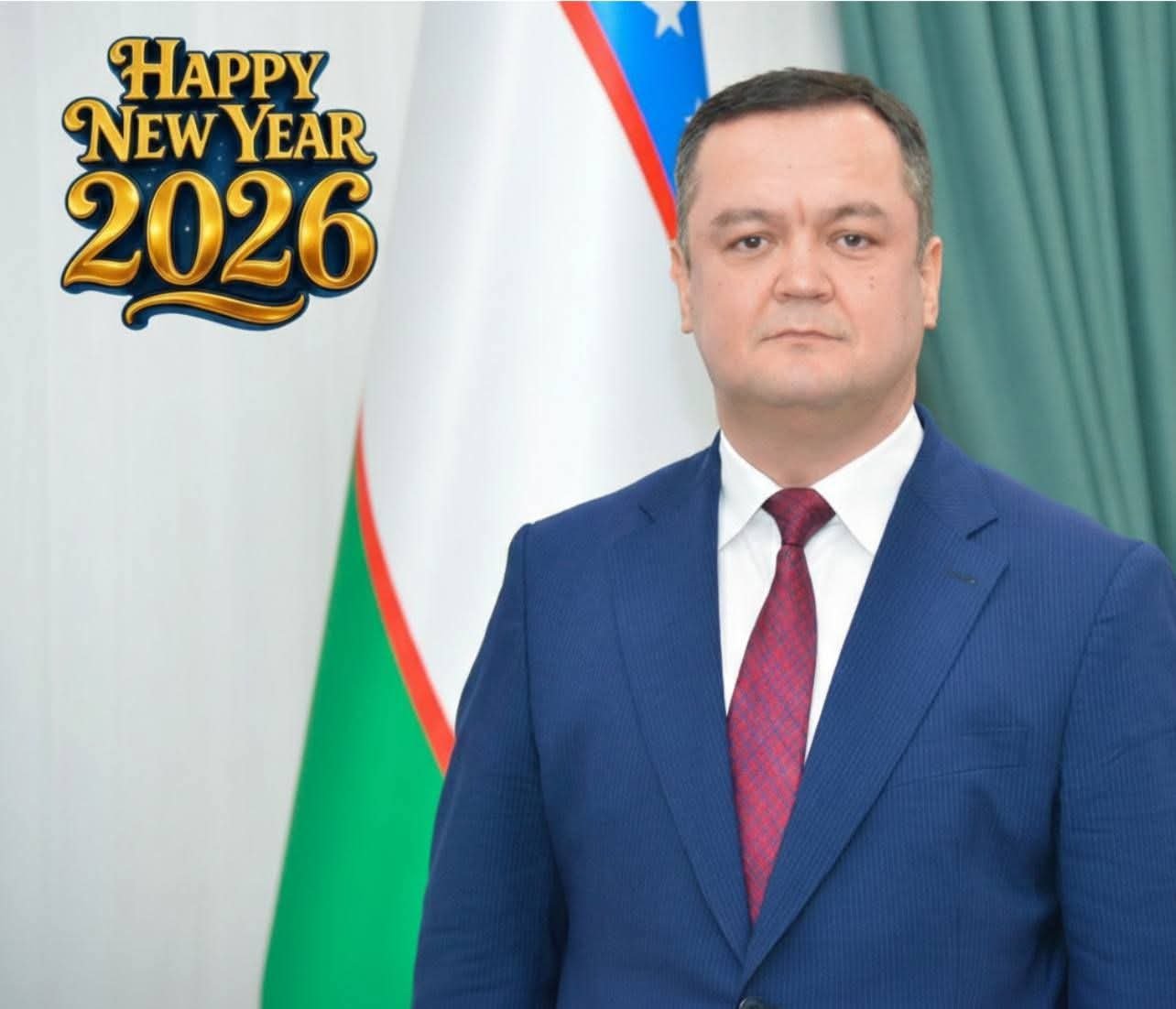Tashkent, February 20, 2025 – The Europe Today: President of Uzbekistan Shavkat Mirziyoyev reviewed a presentation on February 19 regarding proposals for improving energy efficiency in the country. The initiative follows a directive issued during a meeting on the development of the electric power industry held on January 28.
Uzbekistan is experiencing a steady increase in energy demand due to its growing population and expanding economy. In 2023, the nation produced 50 billion cubic meters of natural gas and 81 billion kilowatt-hours of electricity. According to forecasts, electricity consumption is projected to rise 1.7 times by 2035 compared to the current level. To meet this demand, the country aims to boost production and implement energy conservation measures.
Analysis indicates that Uzbekistan’s energy intensity—the amount of energy required to produce one dollar of gross domestic product—is 2.5 times higher than the global average. Additionally, grid electricity losses reach 14 percent, while natural gas losses exceed 7 percent.
To address these challenges, scientific studies on energy-saving opportunities at the local level are being conducted with the involvement of experts. In seven regions, potential savings of 4.6 billion kilowatt-hours of electricity and 1 billion cubic meters of natural gas have been identified. The presentation included proposals based on these findings.
Key initiatives include replacing outdated water management systems with modern pumps, which could save 1 billion kilowatt-hours of electricity annually. Additionally, upgrading boiler systems and incorporating green energy solutions in social institutions are expected to save 5 million cubic meters of gas and 15 million kilowatt-hours of electricity this year alone.
Overall, Uzbekistan aims to save 1.6 billion cubic meters of natural gas and 3.5 billion kilowatt-hours of electricity in 2024. Enterprises and organizations will receive scientifically grounded recommendations to improve efficiency, with specific energy consumption standards set for large industrial enterprises to reduce energy costs by 5-10 percent. Furthermore, a targeted program for installing energy-saving equipment in social sector facilities will be approved.
Efforts to enhance the thermal insulation of apartment buildings will also be expanded. Additionally, preferential loans will be offered for the installation of solar collectors and panels. A consumer education program inspired by Japan’s experience in energy conservation will be introduced to promote awareness and responsible energy usage.
President Mirziyoyev underscored the importance of energy conservation across all sectors, including industry, social services, and residential areas. He instructed relevant authorities to take concrete measures to reduce energy losses, prevent theft, and ensure efficient use of resources in all regions and industries.
